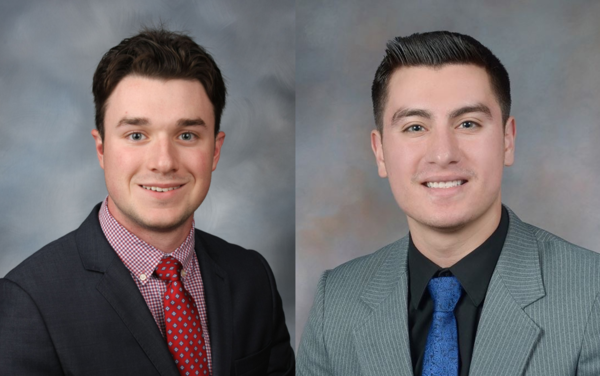
- Sponsor
- Dr. Zhuo Wang
- Views
- 34
Michael Ragauskis:
A flood preparedness tool for Chicago: WRF downscaling to improve rainfall forecasts and flood mitigation
Flooding is a chronic problem for the city of Chicago, Illinois, with only coastal areas of hurricane-ravaged states receiving more federal flood aid in some years. Low-income households and neighborhoods are especially hard hit. Exacerbating the problem is the lack of a system to provide accurate and timely forecasts of urban flooding to communities and hydraulic/hydrologic infrastructure managers. This project brings together the University of Illinois Urbana-Champaign’s Atmospheric Sciences (ATMS) and Civil and Environmental Engineering (CEE) departments to build a tool to forecast and communicate flood risk at the community-scale for the city of Chicago. Using Weather Research and Forecasting (WRF) model downscaling to hindcast 4 significant flooding events, we demonstrate that areal rainfall forecasts can be generated at 1 km resolutions and up to 24-hour lead times with more skill than current operational models. WRF-generated precipitation can then force hydrologic and hydraulic models for the city of Chicago to provide sewer flow forecasts. These optimized forecasts will enable vulnerable communities and city-wide infrastructure managers to effectively prepare for and mitigate the effects of combined sewer overflows (CSOs) into the Chicago-area waterway system.
Antonio Elizondo: Assessing Changes in U.S. Tornado Outbreaks and Climate Drivers
Tornado outbreak occurrences in the United States pose serious risks to natural and human systems. While the volatility of these occurrences has been examined in previous studies, as a first step, we further investigate the variability in tornado outbreak numbers, long-term trends, and seasonality. Our preliminary results indicate an overall increase in the decadal average of tornado outbreak events. However, the large-scale climate factors influencing these extreme events remain relatively unclear.
In continuing work, we are combining multiple lines of evidence of possible relationships between the ocean-atmosphere-cryosphere system and U.S. tornadic activity, in order to link tornado outbreaks with climate variability. We investigate climate processes that may potentially influence tornado outbreak occurrences, including ENSO phases (Nino 3.4 and 3.0 regions), Gulf of Mexico sea-surface temperature anomalies, and northern hemisphere sea-ice coverage.
Our results provide the basis for understanding physical relationships between climate variability/change and U.S. tornado outbreaks that will be used to further explore the prediction capability of these climate parameters for risk-based applications. Future work will assess the overall implications of these relationships on the U.S. insurance industry and future insurance losses.